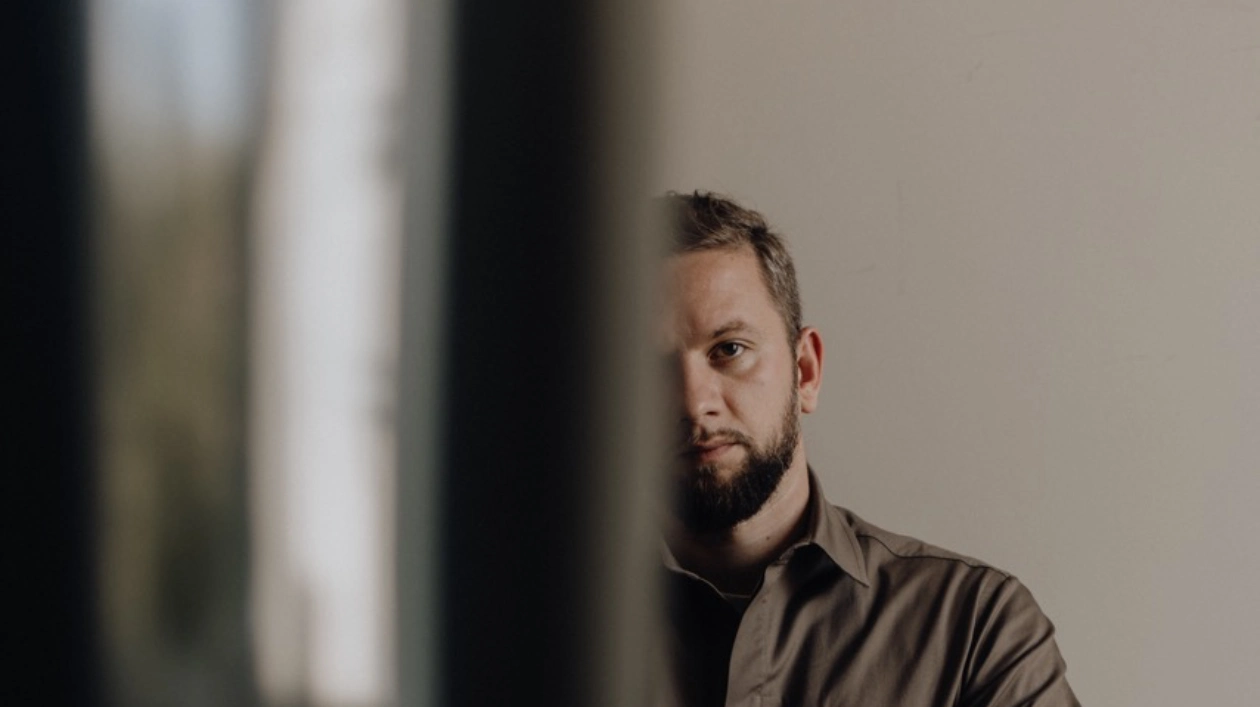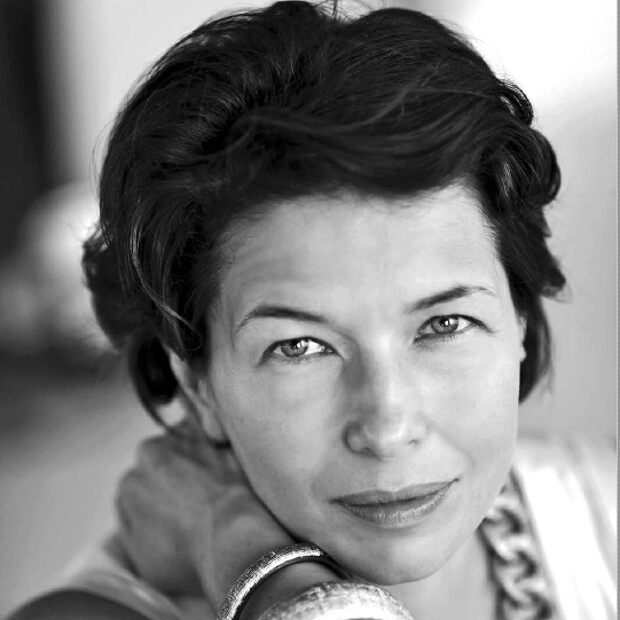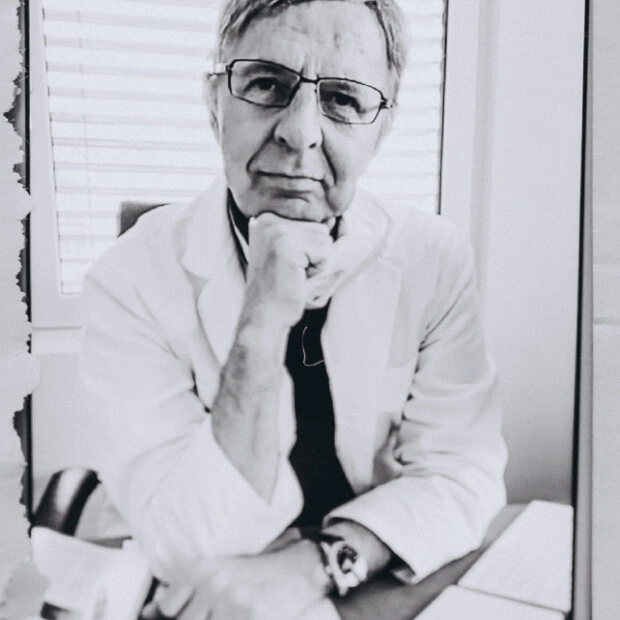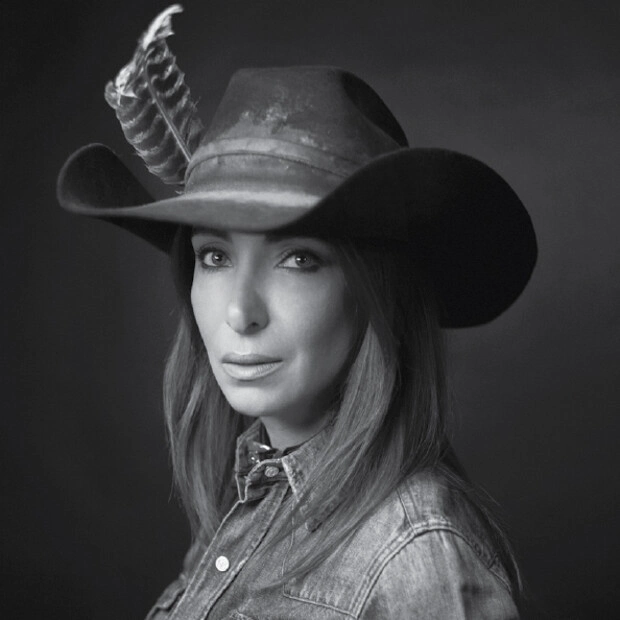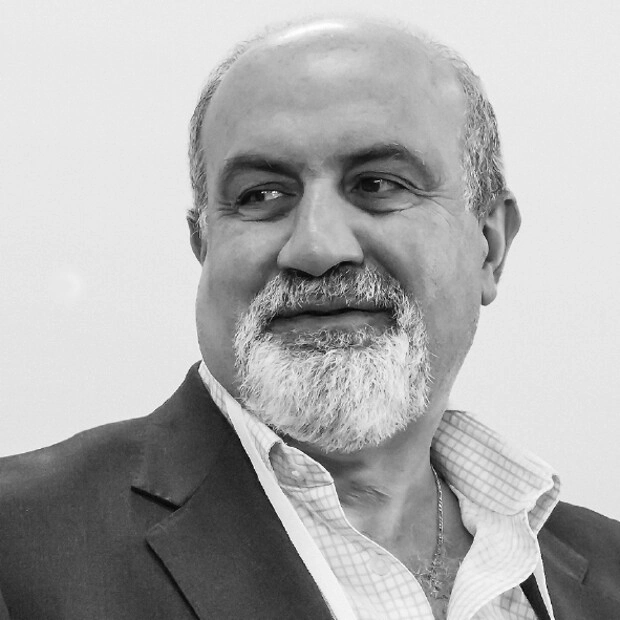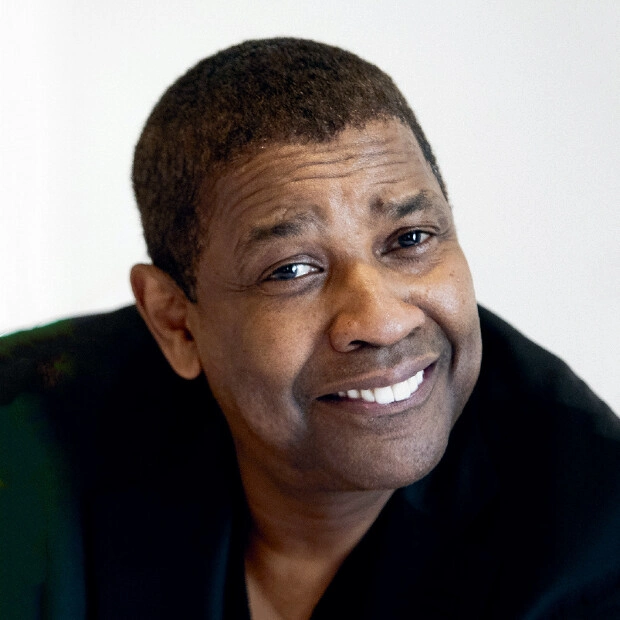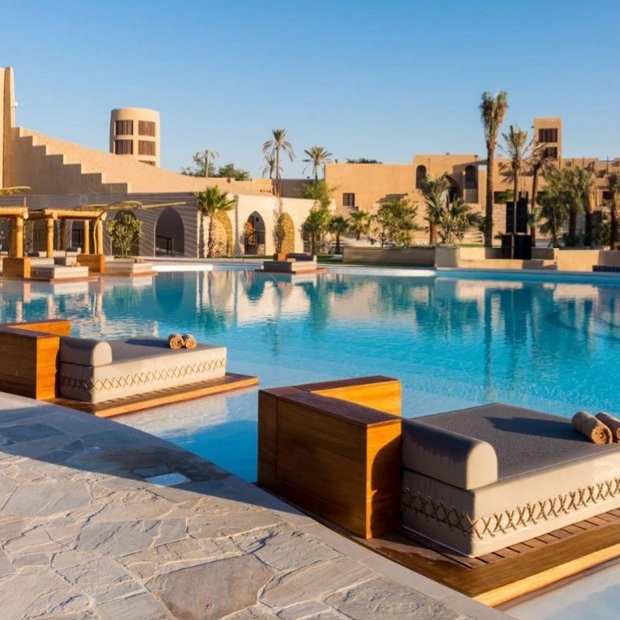Course in the Ocean
In an era when time becomes the most valuable currency and technology permeates every aspect of our lives, we ask ourselves: how can we soberly assess business prospects and manage circumstances? Anton Zubarev, the founder of the E-commerce Platform and Payment Provider, "316 Watch Boutiques" group of companies, offers an answer to this question in his account of his journey from elite watch boutiques to an e-commerce platform with reliable payment solutions.
Our business launched in 2016. In 2015, I first joined the watch company LPI RUS (Weitnauer Group), where I worked for about a year. Before that moment, the world of watches intrigued me but was unfamiliar. By 2016, I realised that this business truly captivated me.
At that time, I met a classmate with whom I had parted ways back in Volgograd. One of our mutual friends suggested we chat, noticing our shared passion for watches. We met and realised we were both obsessed with this topic. The meetings became regular; it was a sort of underground club of conspirators because the world of watches had consumed us both entirely.
By then, he already had a project — an HR agency. However, he decided to wind down that business, parting ways with his partner, and fully devote himself to the watch business. He took a job in the Richemont Group — the world's largest premium holding company, including brands like Cartier, Van Cleef, Montblanc, and others.
Alongside our careers, we took the first steps in our 316L Watch project, which later became 316 Watch. We created an Instagram focused on premium watches, understanding that this platform was a place for people's emotions and vanity at the time. Instagram's mechanism was ideal for creating beautiful content. And it worked — not only for us but for all premium brands that actively joined Instagram later.
By 2018, we were already invited to become marketing partners of Richemont and LVMH. We attended the SIHH exposition — an annual global exhibition — for the first time. In 2020, such events concluded for understandable reasons, but by that point, we were actively developing our project through Instagram.
We decided to open an offline store. We couldn't rent a space in a shopping centre or on high streets, so we thought about creating a cosy lounge. The place had to be suitable for meetings and lectures, where people could feel at home. We considered various options: lofts, factories, but nothing fit.
Once, driving along Kutuzovsky Prospekt, I once again noticed a house with towers like in Disneyland. A friend of mine lived in this house, and the unusual architecture always attracted attention. And then it hit me — this is exactly what we need! A call to my partner confirmed the guess — the place was perfect for our project. After contacting the landlord, I learned that the rental rates remained at the level of the 2000s, and the conditions allowed for renovation and reconstruction without restrictions.
We brought in a friend who does renovation and design. He developed the project: a three-room flat essentially turned into a stylish loft-style lounge. We made the main hall, built an aviation-style bar, and one of the main spaces became the Zenith brand's shop-in-shop. We ordered small showcases so that the focus was not only on the watches but also on the people. We also placed our working office there. We became the most unconventional official dealer of Swiss watches in Russia.
In addition to the bar, the toilet became a source of pride. We got so carried away with the design details that we made special lighting and stylish red doors. The entrance was a long corridor. Once, the designer suggested drawing an English officer on the wall. That's how a turned English officer appeared on the wall. It was a real creative project.
This was a turning point in our development; here, we signed the majority of official contracts with Swiss watch manufacturers. For brands, this was the first case in the country of signing a contract with such a company. Usually, a boutique should be located on the city's main shopping arteries, on the first line. We had a loft on the third floor of a residential building, a non-standard sales format, and a huge desire to take our place in the market. And everyone became interested in trying something new with us.
No one worked through Instagram then. But we did. We supported the brands' marketing, providing them with reach. By 2019, they already had tasks to promote on Instagram, but resources were lacking. We wrote articles, shot videos, and entertaining clips.
Next, we opened a boutique in Radisson Slavyanskaya, then in Novinsky Passage, where we are still located, and added a boutique in Yerevan Plaza. Everything was going well. Soon we expanded our assortment with jewellery and signed a contract with Damiani.
We always tried to keep up with the trends, so in 2021, we opened the first boutique in Russia with pre-owned watches. Along with it, we opened our service centres, providing a full range of services from assessment to restoration.
The desire for development became the reason we found ourselves in Dubai. In February, just before the pandemic, my wife and I went at the invitation of Bulgari, whose dealer we already were at that time, to the LVMH Days. Four brands from the group were represented there: Hublot, Bulgari, Zenith, and TAG Heuer. We spent several wonderful days, also met with other brands, and I shared with my wife the feeling that the city has a special energy — I felt it was my place of power.
Upon returning, I told my partner about my impressions and noted that I felt very comfortable there. The peculiarity of our relationship is that we always support each other. In eight years, we haven't had a single conflict, which we are very proud of. In 2020, we started thinking about the watch business and how to develop it. In 2021, we decided it was time to reach a new level. In the fall of the same year, I flew to Dubai again, prepared the infrastructure, and opened a company.
With the watch boutique, we started by choosing a location. Dubai turned out to be a city with an ambiguous structure. When it comes to the world's major capitals, the location of premium boutiques follows certain laws. It's usually street retail in the city centre, where the main tourist flows are concentrated, typically around zero kilometres or the historical centre.
Dubai is a new type of city, modern and without a traditional centre. Downtown exists, but it's not the centre in the usual urban planning sense. We pondered for a long time where to open a boutique, considering many parameters. The Dubai Mall is an image project, not about commerce. Downtown turned out to be heterogeneous and ambiguous: tourists are concentrated at the fountain, Burj Khalifa, and the Mall, and there are significantly fewer of them further along the boulevard.
The idea of locating in a villa in Jumeirah also had its nuances: orientation towards locals, and if it doesn't work — then what? Going through the options, we found the perfect solution — One Central. A modern district, fresh and clean, where Binance and BMW already were. We took an area on the first floor at the entrance.
It was 2023. We negotiated for about six months and finally signed a five-year contract. But the market began to change: the premium segment was stormy; China didn't recover after opening in the fall of 2023 as many expected. This caused an even greater market decline, especially in watches.
Dubai became one of the world's main points for premium watches, competition increased, and dumping began. Local sellers were content with a small profit from sales, which did not correspond to our business model. We buy watch lots right away, and our maths didn't align with such a strategy.
Realising that the venture wasn't working out, we decided to leave this field. However, we had to pay rent for five years. I suggested the landlord find a compromise solution. We negotiated — without rudeness, everything was smooth. In the process, I met a local woman working in the management company and asked her to help. She agreed to think about it, and in the end, we agreed on a penalty equal to a year's rent.
It was a costly exit, but we gained important experience: each country has its own peculiarities in the business environment, be it physical or online business. We were gradually wrapping up the story with the watch business, although we had already purchased watches for the Dubai boutique. We still have a few pieces left from those purchases. Having completed the watch project, we decided to focus on another project, an e-commerce platform.
Initially, an electronic tipping system was developed using a QR code, but it soon became clear that the culture of tipping is not developed in the Arab world, so we pivoted and supplemented the solution with an electronic menu and payment functionality.
At the first stage, our key clients are hotels and restaurants, but soon we will offer a convenient way to visualise goods and services, as well as the ability to accept payments for classic retail, the beauty industry, and everyday services for the population.
Our journey in the Emirates began with licensing. A standard company memorandum usually takes about seven pages, but ours reached 43. We changed the activity five times, and each time new nuances arose. I personally undertook it to understand how the system works. You come to an official, explain what you will do, and then you return and find out on the way that you need to redo the documents. You ask, "Why didn't you say so right away?" The answer: "You must follow instructions." This soft power and constant changes became our reality.
Experience working in different countries has shown that there is no perfect place. Everywhere has its nuances. The ease of doing business may be better in one place, but there will be pitfalls in another. For example, in developing countries like India, business is impossible without bribery. What happens in the CIS seems like child's play compared to India. In the US, incorrectly executed documents can lead to loss of money and freedom.
In the Emirates, it's important to remember history and know the entrepreneurial culture. People are friendly, but you shouldn't relax. In the East, it's customary to haggle — it's a sign of respect. I double-check any information here in three places. Government agencies can give different information, so it's important to be attentive and cautious.
The specifics of doing business in the Emirates require a special understanding. It's a great place for an international start, but it's important to remember that the market here is incredibly small. Dubai, with its reputation as a centre of luxury and wealth, has only three and a half million residents. This limits customer activity. There's not much competition, but there aren't many people either.
Everyone sees Dubai as an oasis of beauty and luxury, and it really is for those who have sufficient capital. However, if you come here to build and grow capital, it may not be the best choice. Ambitions to develop business in the region are justified only if you have the necessary resources. For those working in Eastern Europe and planning international expansion, the Emirates may not be the best location. You may simply not have enough capital for development.
The place where you do business should inspire you. I like the weather — I'm sun-dependent. Except for three and a half months, we live in Dubai. The climate here is simply magnificent. But the most important thing for me is human relationships. I love the safety, culture, politeness, and kindness of the people.
The culture of communication in Dubai is at the highest level. This is important to me because there was a story in my youth that changed my life. I was 13 years old, I was doing judo, and at a training camp, I said something incorrect in relation to my teammates. One of the older guys suddenly stood up and punched me in the stomach. I passed out, and when I came to, I asked him why he did it. He replied, "On the street, you could be killed for such words."
Then I realised how important what you say is. Words can hurt physically, but in life, there are many situations where aggressive words can destroy relationships with loved ones. If you attack a loved one, a child, or a friend, you can overdo it, and that person will disappear from your life. That incident became a turning point in my childhood. Since then, I've been very careful about what I say and do. And I'm impressed by the correctness and goodwill of the locals in Dubai.
I often hear that this goodwill is not real, it's put-on. But I don't care. Even if it is, I feel very comfortable in this environment. In Dubai, wherever I go — to a shop or a stall — I always meet smiling and polite people. If you ask for water, they give you water and offer tea or coffee. It's simple politeness. Back home, such a request can be rudely answered.
I'm inspired by human relationships and people's desire to move forward. In my circle, everyone is constantly striving for development and not stopping at what they've achieved. This is very close to my life values. I don't sit still, I always come up with something new and strive for progress.
As for the criteria for an entrepreneur's success, for me personally, it's digital indicators. Not necessarily money, but something that can be measured. When something appears out of nothing, and it can be counted — that's success. For example, if we're building a house, it has length, height, width, load — these are numbers. If, thanks to your efforts, something measurable and new has appeared, that's already a success. The magnitude of success depends on the specific topic, but the very fact of creating something new and tangible is the true goal of an entrepreneur.
Seneca said, "If a man does not know to what port he is steering, no wind is favourable to him." These words have become my guide. When employees or friends turn to me for advice or help, I always send them towards a goal. The ocean is vast, and it's impossible to reach the other shore if you don't know the course. We are "Japanese" by nature and do not claim to be creators, but we always strive for the perfection of the existing. Our goal is to build a company that benefits the team, customers, and all those involved.
